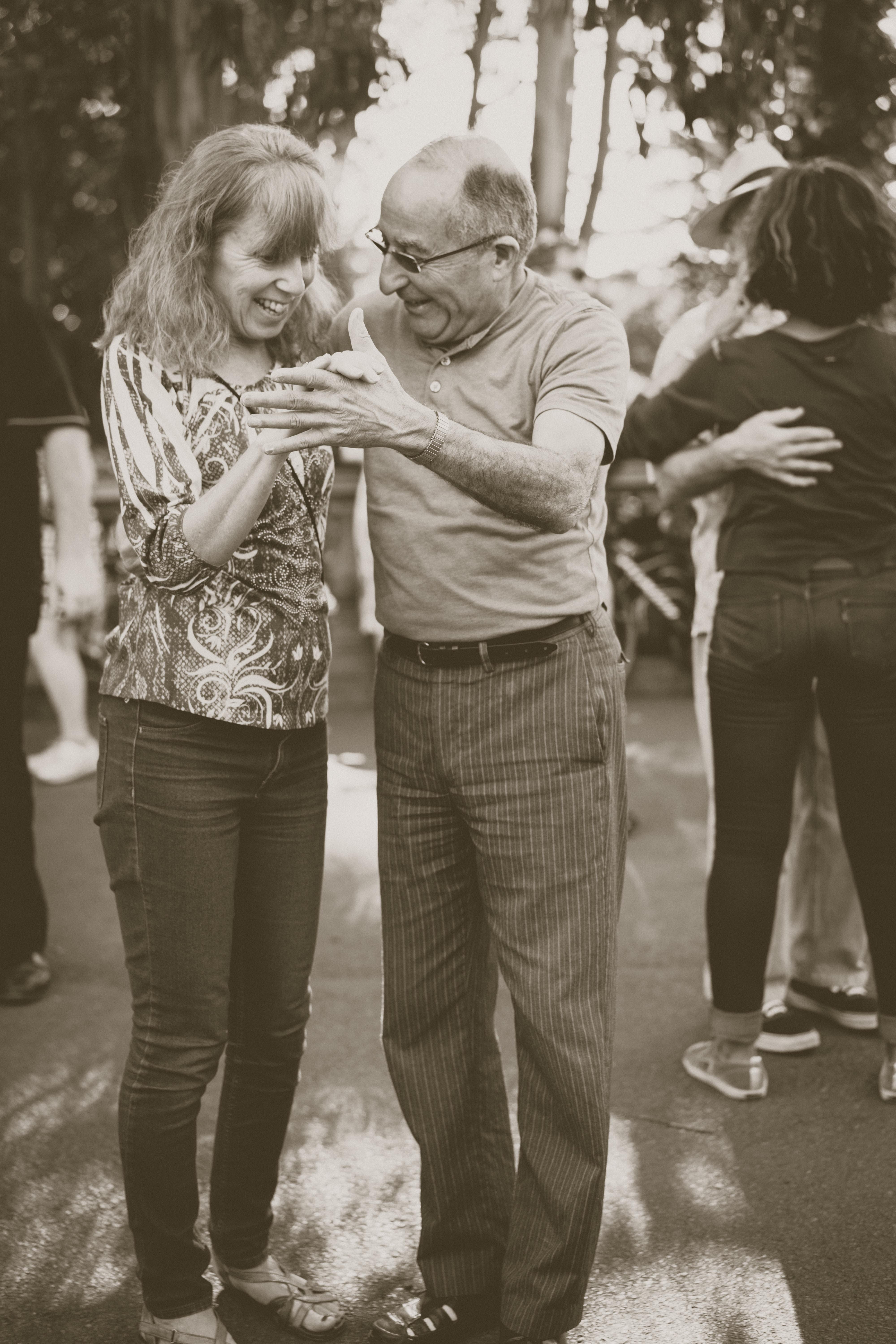 One in eight Americans is over the age of 65, and the nation’s fastest growing age group is people 85 or older. While more people living longer is a great thing, it’s important for seniors to do whatever is necessary to keep their quality of life in tact as they age. If you’re an older adult, you know that age brings change. How you take care of yourself and adapt to that change determines how well you live. Here are four essential steps that will help you take the reins of your physical and mental health.
One in eight Americans is over the age of 65, and the nation’s fastest growing age group is people 85 or older. While more people living longer is a great thing, it’s important for seniors to do whatever is necessary to keep their quality of life in tact as they age. If you’re an older adult, you know that age brings change. How you take care of yourself and adapt to that change determines how well you live. Here are four essential steps that will help you take the reins of your physical and mental health.
Assess Your Health
The first step in taking control of your health is assessing your current condition. You can do this by ensuring you have a physician you trust and maintaining regular checkups. Whether you go to appointments by yourself or with a caregiver, it’s important to have an agenda for what questions or concerns you will bring up and what information you would like from the physician. Have you been experiencing new side effects from your medication? Are you interested in a new treatment? Would you simply like some general healthcare and lifestyle advice? Also, don’t be afraid to take notes and ask for clarification on any information that seems ambiguous.
Assessing your mental health condition is just as important. More than two million Americans age 65 and older suffer from depression, and it often goes unrecognized and untreated. While it’s not unlikely for older adults to experience frustration or sadness at times, it can be a sign of depression if it persists and begins to affect their lives. Here are some symptoms to look out for:
Disinterest in activities they usually enjoy
Loss of energy
Change in appetite
Different sleeping patterns
Nervousness or irritability or anxiety
Prolonged sadness
If you or a loved one is battling depression, get help immediately. Depression can lead to many other health problems and take years from a person’s life.
Finally, don’t forget about your health insurance. First, learn what Medicare covers. Then, figure out if you need a supplemental plan. Of course, healthcare laws are always changing and Medicare Advantage plans vary depending on where you live, so be sure to do your research. If you need more help than the internet has to offer, consider calling your local senior center. They can usually connect you with a consultant who will walk you through your coverage options during the annual open enrollment period.
Eat Well
Most American adults double the recommended daily intake of sodium. Since this commonly leads to hypertension and cardiovascular disease, it’s best to cut down on processed foods and pay special attention to what foods you eat at restaurants. Everyone has unique dietary needs, but it’s generally healthy to eat as clean as possible, with lots of fruits, vegetables, lean protein, and healthy fats (such as Omega 3s from fatty fish). For more control of your salt and sugar consumption, prepare more of your own meals at home.
Stay Active
Exercise is one of the best habits anyone can have in life. For elderly people, especially, it can help prevent and alleviate symptoms of chronic conditions like heart disease, depression, back pain, arthritis, and osteoporosis. It can also help strengthen bone density and prevent falls. Consult your physician to develop a fitness regimen that fits your lifestyle and needs. Whether it’s walking, swimming, doing yoga, or joining a gym, find something you enjoy.
Keeping your mind active is just as important as staying physically fit. Cognitive decline is common in the aging process, and stimulating your brain with mentally challenging activities can help slow the decline. Find a hobby that you can be passionate about (i.e. reading, writing, learning a language, gardening, etc.). Furthermore, keeping your body and mind active goes a long way in promoting healthy sleep patterns, and rest is a vital component of aging gracefully.
Stay Connected
Finally, it’s important to stay socially connected and to cultivate key relationships in your life. Many seniors live alone, and that can easily lead to loneliness — particularly after the loss of a spouse. Avoid isolation by regularly communicating with family and friends, and schedule times to visit over coffee, a meal, or a hobby. It can also be helpful to get involved in the community through volunteering and taking trips with a group.
In order to age gracefully, you have to take care of yourself physically and mentally. Assessing your health, eating well, exercising, and staying connected are all ways to help you live a happy and healthy life in your later years. Remember that much of how well you live depends on how you adapt to the changes that come with age.
Photo: Courtesy of Upsplash
/PS_Heather_V1.gif)